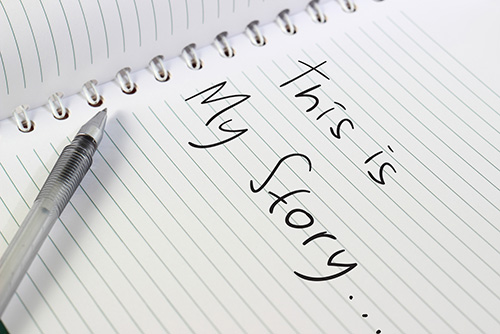First published in the Southwest Review
Even before all the people have found seats, a knifing cry rasps out. “How can you forget hate? How can you write without hate?” The young woman is standing in a corner, her wiry hands knuckling her eyes. “The Chinese killed my parents and my brother. Shot them, tied them up.” Her hands cross her small flat chest and dig into her shoulders. “The black cloth on their eyes. The horses pulling their wooden biers. That’s what I must write about. The blood, the hate.” Stark images and starker feelings. A few skeptical faces search for eye contact in the uncomfortable silence. Like the immigrant beggars on the street, the woman, with her raw telling, is asking for more than most choose to give. She’s asking for help in how to remember.
We are in Geneva, Switzerland on the second floor of a brownish smoke-filled café’ clutching at the reality of putting life into words. I am about to teach a two-day workshop on memoir…….
Xxx
Why at the far end of the century has there been such a rush of telling? It is difficult to know the various causes and effects. Memory has become a topic broader than history. The rise of the women’s movement. The fall of Russia. The mystery of the mind’s perception. Television. Famine in Ethiopia. Where does one end and the other begin? Our homes through television and more recently, computers are reached by tormented and elegant spots all over the earth. Our perception of privacy, of distance, of other has been permanently altered. As writers, our brains recognize and experience this growing unchecked wobbliness between the vicarious and what our minds claim as personally real. Memoir is one response.
Xxx
The next story comes to me after lunch. The urbane, fine featured Egyptian slips me his book of short stories translated into English from Arabic. The paper is poor but I feel as excited as he does, touching its flecked existence. They are love stories. He wants readers to know what Arab men and women feel and do.
“How do Arabs find your stories? Do you feel forced to say different things for an English reader?
“How can you not think about it, once you’ve lived between worlds?” he says as lentil and gorgonzola salad is passed. “We are influenced by who is receiving our thoughts.”
He doesn’t mention memoir but I do as we talk on about Egypt and the west and he spins his thoughts out about shirt-making.
“Shirt-making is about lives; geopolitics, love,” he says, his eyes lighting at the idea. “Shirt-making in Egypt and shirt-making in Kentucky is a fine example of what keeps the third world down. The shirt with two ivy league buttons stitched together by a worker in Kentucky shows the hypocrisy of so-called free markets.” The short story writer builds his case. “If there were true free markets in the global economy, everyone would be wearing beautiful cheap shirts of Egyptian cotton, made by the brown skilled hands of Egyptian workers. The sadness is that just one small button and fifty stitches that surround its mouth frame a man’s life. Women, too, live within the buttons and button holes. Is globalization about economics or wiping out all but white cultures?”
“Do you think it’s possible to see things simultaneously from two points of view?”
“No. We can see two viewpoints. But we live in a body; to act, we can hold only one.”



